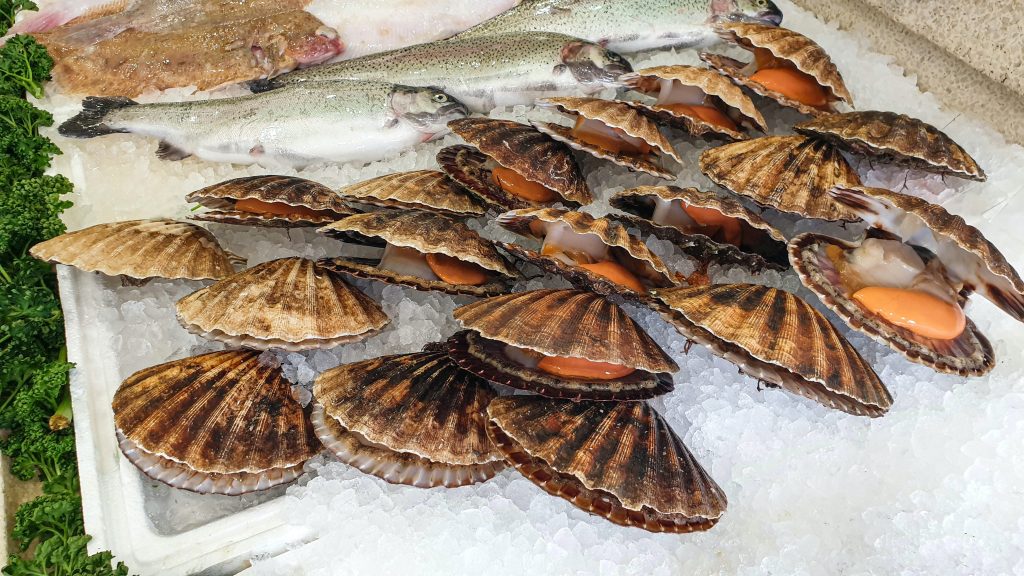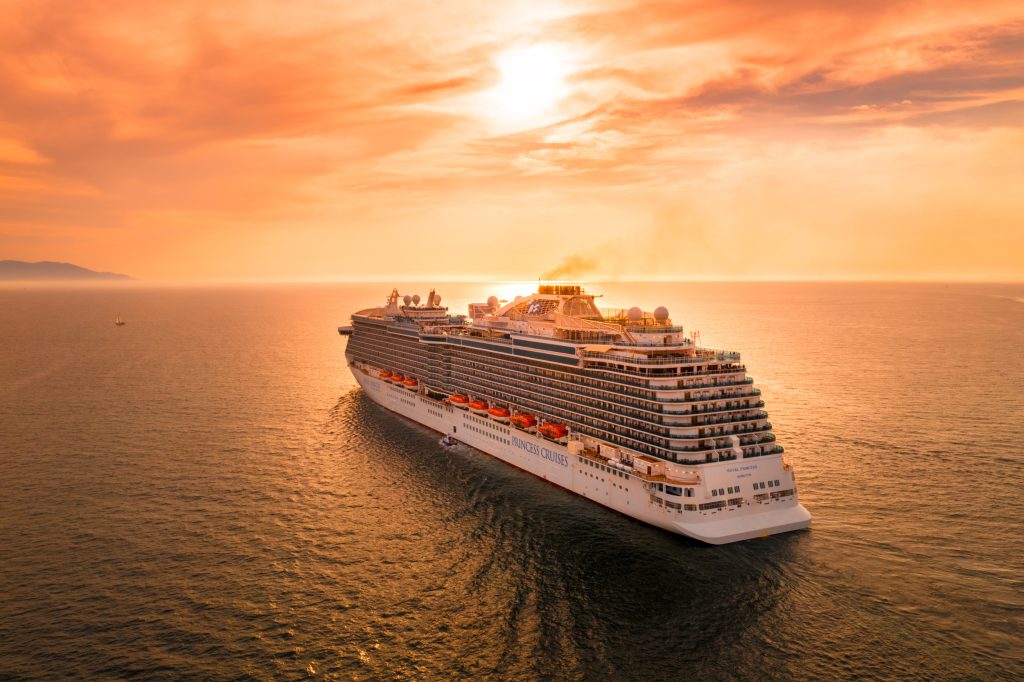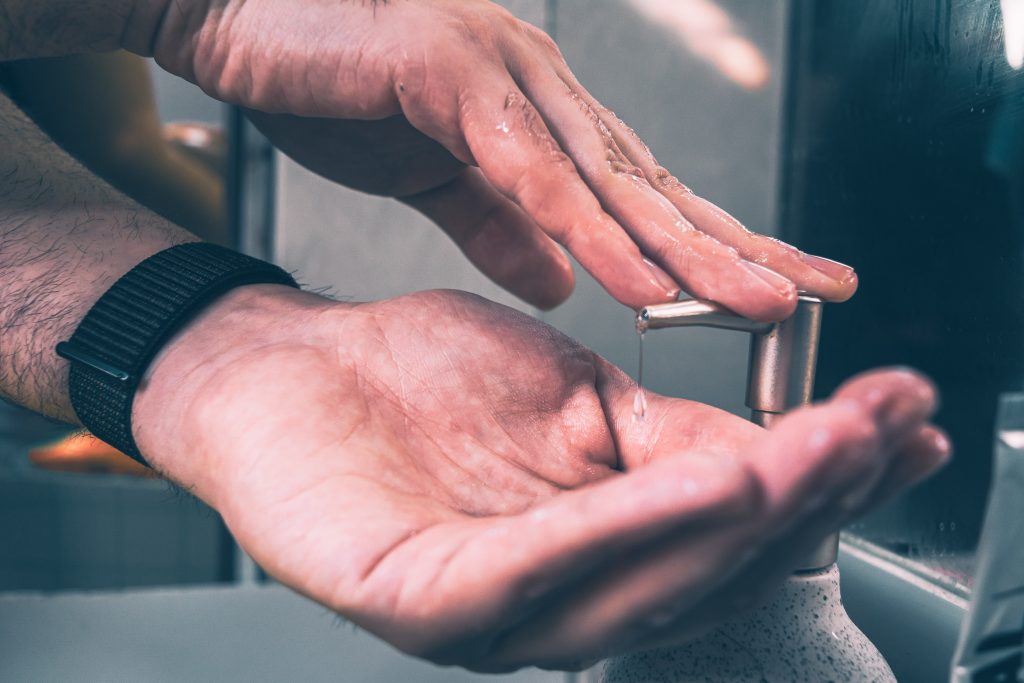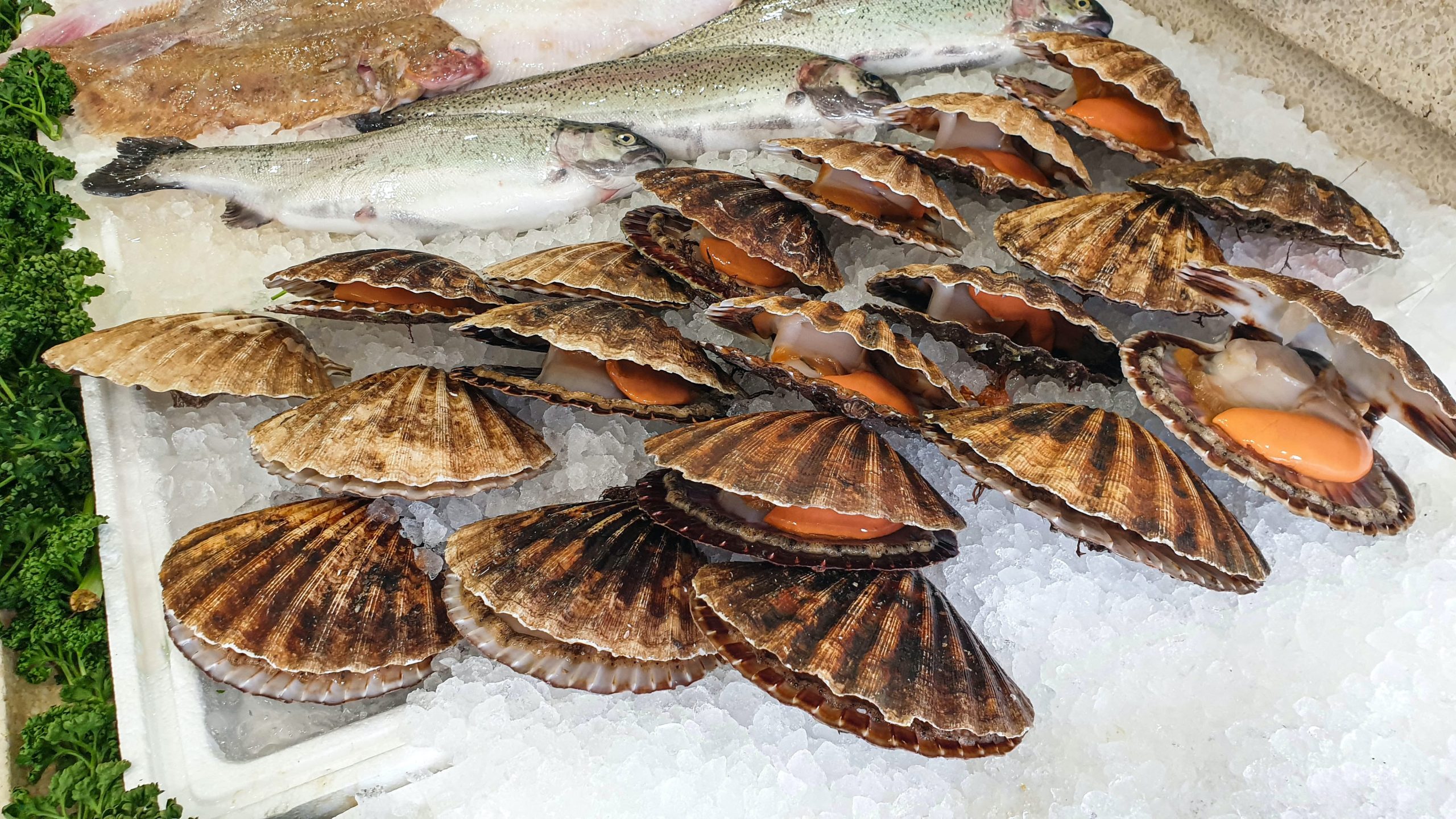Causes & Preventions
A thing that many of us look forward to when travelling to new countries is experiencing new cuisines. Getting to try authentic food right from where its sourced can be a fantastic way to broaden our culinary horizons. However, eating abroad should always be treated with an appropriate amount of caution because a delicious meal one minute can very quickly turn into disaster the next. And that can be thanks to norovirus, or as we might more commonly refer to it as, food poisoning.

Norovirus is a highly contagious virus that can cause stomach and intestinal inflammation, leading to symptoms such as diarrhoea, vomiting, and stomach pain. It is commonly referred to as the “stomach flu” or “food poisoning,” and it can be transmitted through contaminated food and water. It can be devastating to a holiday as, if contracted, it can ensure a substantial amount of time spent in the bathroom rather than actually enjoying your holiday. It can be a particular problem on cruise holidays where seafood is frequently prevalent on the menu.

One of the most common ways that Norovirus contaminates food is through contact with an infected person. If someone who is infected with Norovirus handles food without washing their hands properly, the virus can be transferred to the food. This can happen when a food worker prepares food, or when a person who is sick touches food in a buffet line or at a party.
Another way that Norovirus can contaminate food is through contaminated water. Norovirus can survive in water for long periods of time, and if contaminated water is used to irrigate crops or to wash food, the virus can be transferred to the food. This is a particular concern for shellfish, such as oysters, which can concentrate the virus in their tissue as they filter water. As recently as last month, there was a Norovirus outbreak in Helsinki believed to have affected around 100 people, with the outbreak being linked back to contaminated oysters.
Food can also become contaminated with Norovirus when it comes into contact with surfaces or utensils that have been contaminated with the virus. For example, if a cutting board or knife is used to prepare food that is contaminated with Norovirus, and then the same cutting board or knife is used to prepare other food, the virus can be transferred to the new food. This is why it is important to thoroughly clean and sanitize all surfaces and utensils that come into contact with food.
Norovirus can also be spread through airborne particles. If an infected person vomits or has diarrhoea, tiny particles of the virus can become airborne and settle on nearby surfaces, including food. This is why it is important to thoroughly clean and sanitize any surfaces that may have been contaminated with vomit or diarrhoea.

Preventing Norovirus contamination in food is crucial to protecting public health. Some steps that can be taken to prevent contamination include:
Proper handwashing: Food workers should wash their hands thoroughly with soap and water for at least 20 seconds before and after handling food, after using the bathroom, and after blowing their nose, coughing, or sneezing.
Proper food handling: Food should be stored, prepared, and served at the proper temperatures to prevent the growth of bacteria and viruses. Surfaces and utensils should be cleaned and sanitized between uses.
Proper water treatment: Water used in food preparation and irrigation should be treated to eliminate any possible contamination with Norovirus.
Proper sanitation: Surfaces and utensils that come into contact with food should be cleaned and sanitized thoroughly to prevent contamination.
In conclusion, Norovirus is a highly contagious virus that can easily contaminate food in a number of ways. To prevent contamination and protect public health, it is important to follow proper food handling and sanitation procedures, and to take steps to prevent the spread of the virus through contaminated water and surfaces. Taking these measures can ensure that your holiday time is spent less in the bathroom, and more enjoying your destination.
For more travel health tips and advice call your local TMB clinic and book in to speak with one of our qualified professionals.
To book an appointment for vaccinations and see a list of our base and associate clinics, please contact Tropical Medical Bureau on 00-353-1-2715-200 or visit or book one of our travel clinics online.

